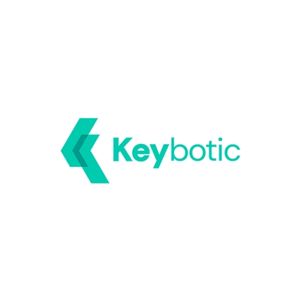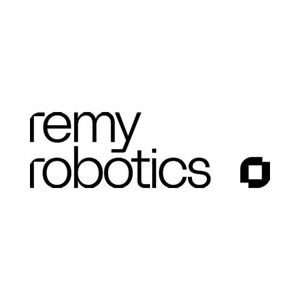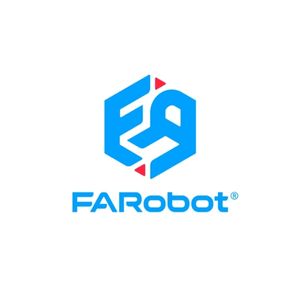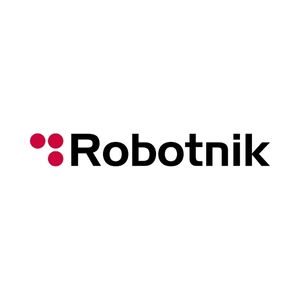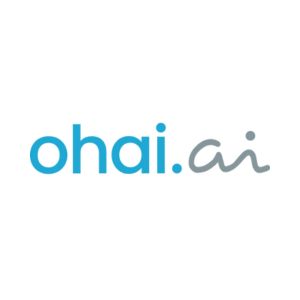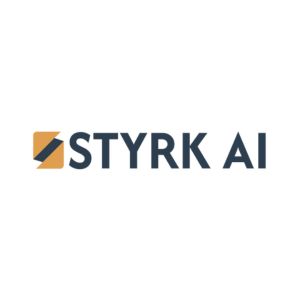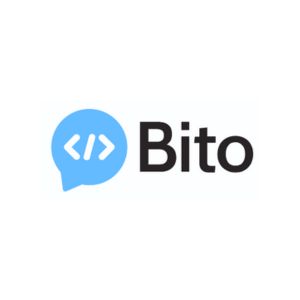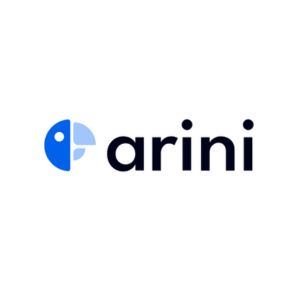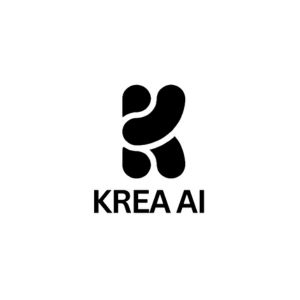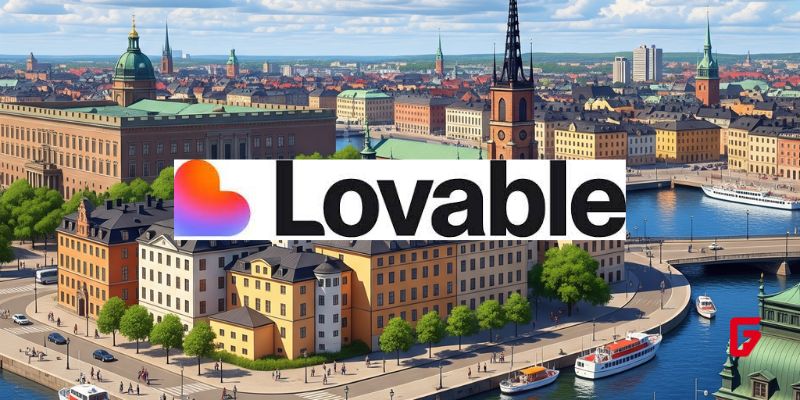
The European AI landscape is buzzing, and at the center is Lovable, a Stockholm-based startup that’s rewriting the rules of software development. In just two years, Lovable is on the verge of securing a valuation close to $2 billion—a leap fueled by a planned $150 million funding round led by heavyweights like Accel, Creandum, and 20VC.
What Makes Lovable Stand Out?
No-Code, All Possibility: Lovable’s core innovation is a generative AI platform that lets anyone—regardless of coding experience—build fully functional apps and websites using simple text prompts.
“Vibe-Coding” Revolution: This approach, dubbed “vibe-coding,” replaces traditional syntax with natural language, making software creation intuitive and accessible. It’s about building by feel and idea, not by code.
Empowering Non-Developers: By targeting the 99% of people who don’t code, Lovable opens the door for entrepreneurs, creators, and small businesses to launch digital products without hiring developers.
Growth That Turns Heads
Rocketing Revenue: After launching its platform, Lovable hit $75 million in annual recurring revenue (ARR) within just seven months—a pace that places it among Europe’s fastest-growing tech companies.
Investor Magnet: The latest funding round, expected to be one of Europe’s largest this year, reflects surging investor appetite for AI-driven, no-code solutions. Early Facebook backer Accel is leading the charge, with existing investors doubling down.
Competitive Edge: While the no-code and AI coding space is crowded—with rivals like Replit, Vercel, and Cursor—Lovable’s focus on non-technical users and seamless natural language workflows gives it a unique position in the market.
Why This Matters
Democratizing Software: Lovable’s mission is to “build for the 99% who do not create software,” unlocking a new economy where anyone can turn ideas into apps.
European AI Surge: The company’s rise mirrors a broader trend: European AI startups are attracting record funding, with Lovable’s round following major raises by Helsing and Isomorphic Labs.
Future Outlook: As AI continues to lower barriers in tech, Lovable is poised to inspire a wave of new businesses and digital creators. Its blend of rapid growth, mainstream appeal, and investor confidence signals a shift in how software will be built—and who gets to build it.
Lovable isn’t just another AI startup chasing unicorn status. It’s a catalyst for a new era in software development—one where creativity, not code, is the entry ticket. As it closes in on a $2 billion valuation, all eyes are on how far this Swedish innovator can push the boundaries of what’s possible in tech.

futureTEKnow
Editorial Team
futureTEKnow is a leading source for Technology, Startups, and Business News, spotlighting the most innovative companies and breakthrough trends in emerging tech sectors like Artificial Intelligence (AI), Robotics, and the Space Industry.
Discover the companies and startups shaping tomorrow — explore the future of technology today.
Trending Companies
Latest Articles

AI Didn’t Fail; Your Data Warehouse Did
After decades in IT project management and business analysis, one truth has stayed constant: when AI projects fail, it’s rarely
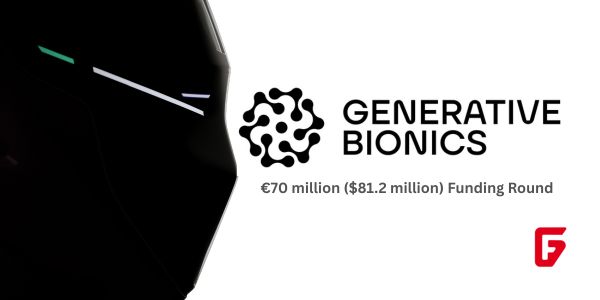
Generative Bionics: The Italian Humanoid Robotics Spin-Out Bringing Physical AI to the Factory Floor
Generative Bionics, an Italian spin-out from IIT, is building Physical AI–powered humanoid robots to tackle labor gaps and modernize industrial

OpenAI vs. Google AI, SpaceX & Blue Origin Race for Space Data Centers, Meta’s AI Pivot, and Robotics Breakthroughs
Stay ahead of AI and space tech wars: OpenAI vs Google AI, SpaceX and Blue Origin’s race for orbital data

10 AI-Driven Supply Chain Optimization Companies to Watch in 2026
This article explores 10 AI-driven supply chain optimization companies to watch in 2026, highlighting how their platforms improve forecasting, logistics,

AWS Frontier Agents: Autonomous AI Coders That Build, Secure, and Run Apps for Days Without Human Oversight
AWS frontier agents introduce a new era of autonomous AI coders that can build, secure, and run applications for days

How AI Is Transforming Lean Six Sigma: The New Era of Operational Excellence 2.0
Explore the cutting-edge ways AI is enhancing Lean Six Sigma, from real-time process insights to predictive controls, ushering in a

Top Supply Chain Challenges in 2025 — and How High-Performing Teams Use AI to Solve Them
Facing supply chain challenges in 2025? High-performing teams leverage AI for risk management, demand forecasting, supplier analytics, and end-to-end visibility

How to Build a High-Impact Supply Chain Center of Excellence (CoE):A Blueprint for Operational and Inventory Excellence in the Age of AI
Craft an AI-powered supply chain Center of Excellence that unifies control tower visibility, analytics, and inventory optimization into one strategic

The Future of Supply Chain Leadership: Why the Next Generation Will Engineer Intelligence, Not Just Manage It
Supply chain leadership is being redefined by AI, intelligent automation, and agentic decision-making, demanding leaders who can engineer end-to-end intelligence
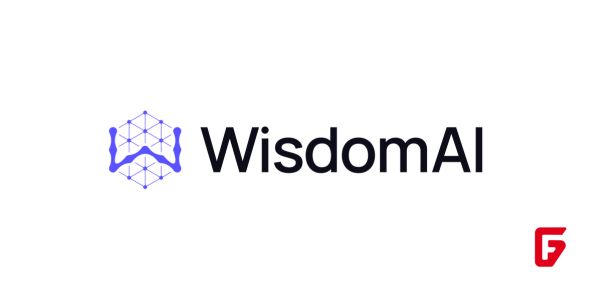
How WisdomAI’s $50M funding round positions it to redefine AI analytics and business intelligence
WisdomAI has closed a $50M Series A led by Kleiner Perkins and Nvidia’s NVentures to turn fragmented enterprise data into

Saia Agrobotics Raises €10M to Make Greenhouse Farming Smarter with Robots
Dutch agri-tech startup Saia Agrobotics has raised €10M to expand its greenhouse automation system using AI-powered robots that make farming

Bridgit Mendler’s Northwood Space Startup: Unleashing the Next Era of Satellite Connectivity
Bridgit Mendler’s Northwood Space is pioneering mass-produced ground stations, enabling scalable, high-speed connectivity for the new era of satellite networks
futureTEKnow is focused on identifying and promoting creators, disruptors and innovators, and serving as a vital resource for those interested in the latest advancements in technology.
© 2026 All Rights Reserved.



